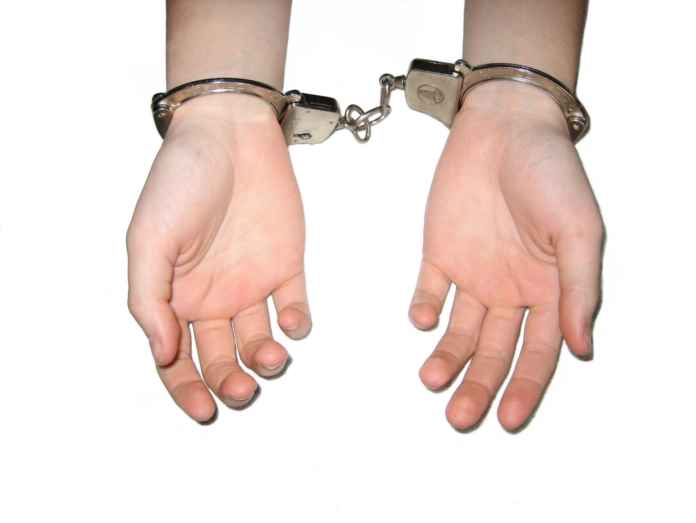When you’re traveling abroad for work or pleasure, it’s only hope that the trip goes well and nothing wrong happens to tarnish the experiences. Unfortunately, life doesn’t always work that way. Situations can often take a turn for the worse when you least expect them to. To be on guard and protect yourself, it’s best to prepare for some of the unfortunate circumstances that might occur.
Here are some guidelines:
- Remain calm! Losing your cool or becoming nervous won’t help your situation. Use common sense about how serious the situation really is and how to minimize the damage.
- As a foreigner, it’s your right to inform your embassy or high commission about your where they’re holding you. If nothing else, contact your local friends, explain the situation and they’re get in touch with the embassy.
- As an individual you’re entitled to have a lawyer, request for one only if you think the circumstances are serious enough for you to need legal counsel.
- While responding to any questions that are asked, give straightforward and factually accurate answers. If you don’t know the answer to something, then say that you don’t know. Only dispel information that you’re sure of, if you think it may not be a 100% correct, then don’t use it. If you must answer with something that you’re unsure of, then make you communicate that. Stay friendly and avoid appearing offensive or evasive, that only makes the situation worse. The important thing is that you shouldn’t admit to anything that may be found to be false later, that affects the credibility of everything else that you’ve said as well.
- Request that you be released on your personal bond or on the bail amount prescribed, depending on the law of the country.
- When you’re taken into custody, it’s possible that they’d ask you to sign a document that lists your belongings and any other articles that were recovered from you during the arrest. Double check the list to ensure that it doesn’t have any extra items on it that could possibly be incriminating.
- Don’t sign any documents until you’ve read them properly. If you don’t understand something be sure to ask for clarifications, but it’s best not appear rude. Politely request when you need something explained.
- If the arresting authorities threaten you with physical violence or injuries, request that a medical examination is performed before any harm is caused to you. Also, if and when you’re presented before a judiciary committee, it’s essential that you communicate your apprehension towards this kind of violent treatment.
- When you’re let of out of custody, check your belongings thoroughly. Make sure that everything is there and in case it’s not, ask for a receipt for the item.
- Once you’re released, inform your local contacts and the high commission that you’ve been let go of.
There many reasons that a person can be arrested, some more serious than others. It can be something as simple as a traffic violation or something more dangerous like being in possession of drugs. No matter what the reason is, it’s best if you haven’t blatantly broken any national laws. When you’re abroad, it’s best to study up a little on their laws, especially some of the ones that may be different from the ones back home. If you don’t , it’s possible that you could commit a crime without even knowing that you’re breaking the law and since ignorance isn’t a viable reason, you won’t have any defense.
Language barriers are a huge hurdle as well, which is why contacting the high commission or someone you know locally could help with getting a translator to aid communication between you and the arresting agency.
Be safe and be informed. It’s always best to safe than to be sorry, and even better if you don’t do anything wrong to begin with.










